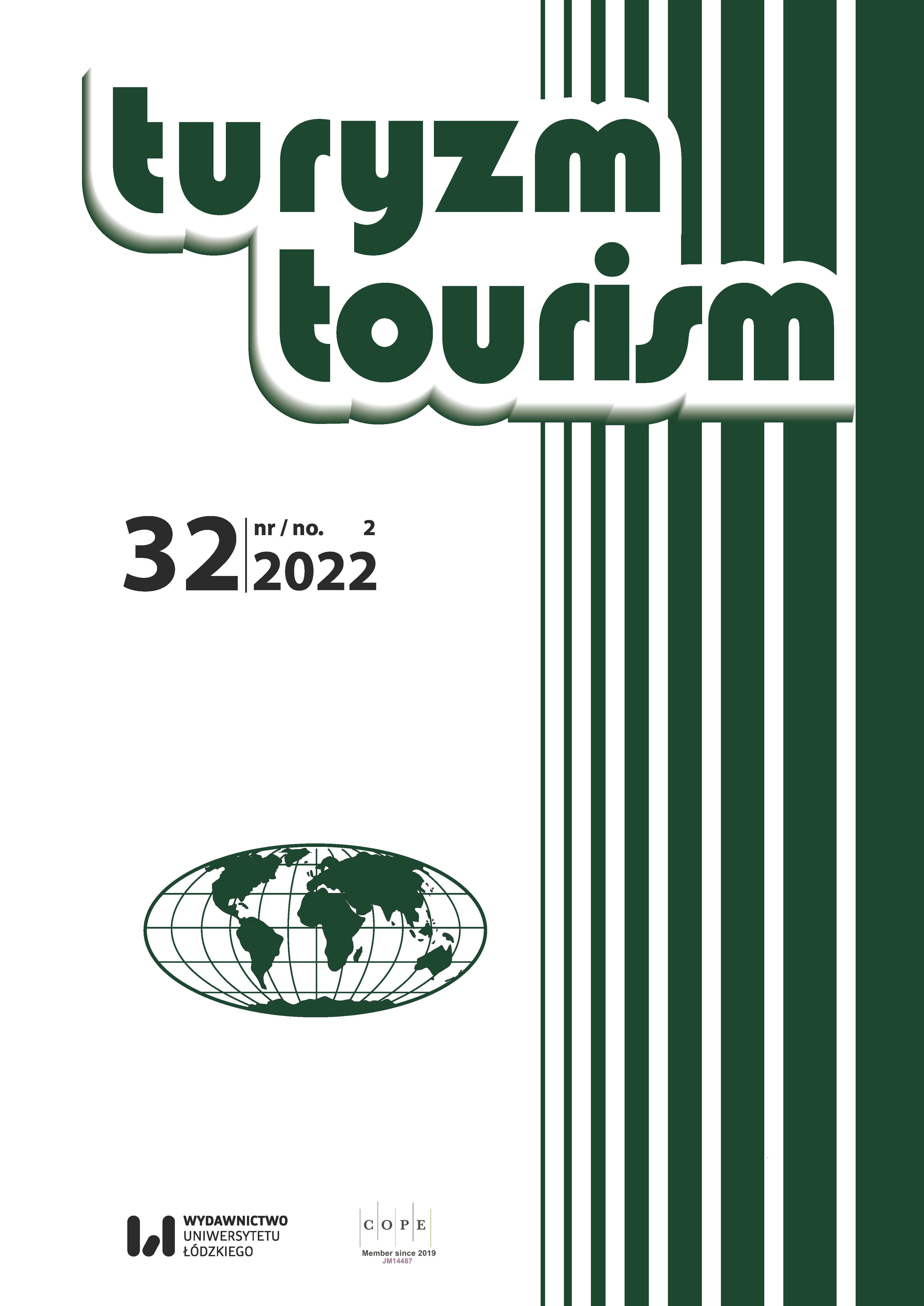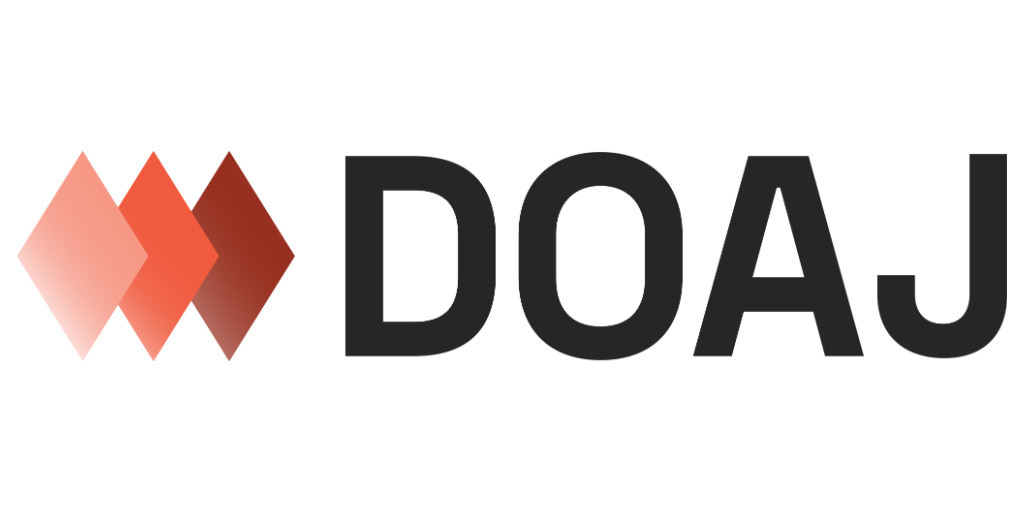How to teach sustainable tourism development: The ICT4STD project
DOI:
https://doi.org/10.18778/0867-5856.32.2.07Keywords:
education programmes, sustainable tourism development, ICT tools, ABCDE model, key competences, Erasmus projectsAbstract
Sustainable tourism development and digital transformations are among the key issues that should be taken into account when preparing contemporary tourism degree programmes. In order to offer an innovative curriculum, systems thinking and knowledge from the intersection of many areas including tourism, geography, information and communication technology, management, teaching methodology and psychology are required. The adaptation of curricula should also take into account the experience of universities outside Poland which have often successfully implemented programmes covering sustainable development issues for many years and have feedback on the satisfaction of both graduates and employers. This article presents the results of the work of an international consortium of universities from Germany, Poland, Serbia and Switzerland which developed a course programme on ‘ICT as a tool for the development and promotion of sustainable tourism’ that can be adapted by a wide range of organisations such as universities, NGOs and tourism training companies.
Downloads
References
Alejziak, B. (2014). Kwalifikacje i kompetencje pracowników turystyki. Próba diagnozy turystycznego rynku pracy. Folia Turistica, 32, 117–144.
Google Scholar
Alejziak, B. (2018–2019). Podsektor biur podróży. In: T. Burzyński (ed.), Badanie opinii pracodawców na temat obecnych i przyszłych kompetencji pracowników w sektorze turystyki (pp. 43–67). Kraków: Rada ds. Kompetencji Sektora Turystyka, Instytut Turystyki w Krakowie Sp. z o.o.
Google Scholar
Alejziak, B. (2020). Kształcenie akademickie a poziom kompetencji społecznych studentów kierunku turystyka i rekreacja. Turyzm/Tourism, 30 (2), 75–85. http://dx.doi.org/10.18778/0867-5856.30.2.08
Google Scholar
DOI: https://doi.org/10.18778/0867-5856.30.2.08
Alejziak, W. (2000). Turystyka w obliczu wyzwań XXI wieku. Kraków: Albis.
Google Scholar
Ali, A., Frew, A.J. (2010a). ICT – an innovative approach to sustainable tourism development. Journal of Hospitality Application & Research, 5, 28–58.
Google Scholar
Ali, A., Frew, A.J. (2010b). ICT and its role in sustainable tourism development. In: U. Gretzel, R. Law, M. Fuchs (eds), Information and Communication Technologies in tourism (pp. 479–491). Vienna: Springer. https://doi.org/10.1007/978-3-211-99407-8_40
Google Scholar
DOI: https://doi.org/10.1007/978-3-211-99407-8_40
Borkowski, K., Mazanek, L. (2018–2019). Podsektor hotelarstwa. In: T. Burzyński (ed.), Badanie opinii pracodawców na temat obecnych i przyszłych kompetencji pracowników w sektorze turystyki (pp. 68–88). Kraków: Rada ds. Kompetencji Sektora Turystyka, Instytut Turystyki w Krakowie Sp. z o.o.
Google Scholar
Buckler, C., Creech, H. (2014). Shaping the future we want. UN Decade of Education for Sustainable Development (2005–2014). Final report. Retrieved from: https://sustainabledevelopment.un.org/content/documents/1682Shaping%20the%20future%20we%20want.pdf (10.06.2022).
Google Scholar
Buhalis, D. (2003). eTourism: Information technology for strategic tourism management. Harlow: Prentice Hall.
Google Scholar
Burzyński, T. (ed.) (2018–2019). Badanie opinii pracodawców na temat obecnych i przyszłych kompetencji pracowników w sektorze turystyki. Kraków: Rada ds. Kompetencji Sektora Turystyka, Instytut Turystyki w Krakowie Sp. z o.o.
Google Scholar
Cantoni, L. (2018). eTourism for heritage: Heritage and sustainable tourism: The role and challenge of Information and Communication Technologies. In: S. De Ascaniis, M. Gravari-Barbas, L. Cantoni (eds), Tourism management at UNESCO World Heritage Sites (pp. 67–74). Lugano: Università della Svizzera italiana.
Google Scholar
Cembruch-Nowakowski, M., Kaganek, K. (2018–2019). Podsektor rekreacji i rozrywki. In: T. Burzyński (ed.), Badanie opinii pracodawców na temat obecnych i przyszłych kompetencji pracowników w sektorze turystyki (pp. 157–187). Kraków: Rada ds. Kompetencji Sektora Turystyka, Instytut Turystyki w Krakowie Sp. z o.o.
Google Scholar
Çinar, K. (2020). The digital revolution: Impact on tourism education. Journal of Tourism and Gastronomy Studies, 8 (4), 2417–2443. https://doi.org/10.21325/jotags.2020.719
Google Scholar
DOI: https://doi.org/10.21325/jotags.2020.719
Dryglas, D., Burzyński, T. (2018–2019). Podsektor turystyki uzdrowiskowej. In: T. Burzyński (ed.), Badanie opinii pracodawców na temat obecnych i przyszłych kompetencji pracowników w sektorze turystyki (pp. 136–156). Kraków: Rada ds. Kompetencji Sektora Turystyka, Instytut Turystyki w Krakowie Sp. z o.o.
Google Scholar
European Commission (2022). Erasmus+ EU programme for education, training, youth and sport. Retrieved from: https://erasmus-plus.ec.europa.eu/projects (10.06.2022).
Google Scholar
González-Salamanca, J.C., Agudelo, O.L., Salinas, J. (2020). Key competences, education for sustainable development and strategies for the development of 21st century skills: A systematic literature review. Sustainability, 12 (24), 10366. https://doi.org/10.3390/su122410366
Google Scholar
DOI: https://doi.org/10.3390/su122410366
Hatipoglu, B., Ertuna, B., Sasidharan, V. (2014). A referential methodology for education on sustainable tourism development. Sustainability, 6 (8), 5029–5048. https://doi.org/10.3390/su6085029
Google Scholar
DOI: https://doi.org/10.3390/su6085029
Inui, Y., Wheeler, D., Lankford, S. (2006). Rethinking tourism education: What should schools teach? Journal of Hospitality, Leisure, Sport and Tourism Education, 5 (2), 25–35.
Google Scholar
DOI: https://doi.org/10.3794/johlste.52.122
Kaczmarek, J., Stasiak, A., Włodarczyk, B. (2005). Produkt turystyczny. Warszawa: Polskie Wydawnictwo Ekonomiczne.
Google Scholar
Kowalczyk, J. (ed.) (2009). Standardy jakości w turystyce. Poradnik wdrażania. Ministerstwo Gospodarki i Pracy, Departament Turystyki.
Google Scholar
Krippendorf, J. (1987). The holiday makers: Understanding the impact of leisure and travel. Oxford: Heinemann Publishing.
Google Scholar
Kruczek, Z. (2018–2019). Podsektor przewodników turystycznych i pilotów wycieczek. In: T. Burzyński (ed.), Badanie opinii pracodawców na temat obecnych i przyszłych kompetencji pracowników w sektorze turystyki (pp. 113–135). Kraków: Rada ds. Kompetencji Sektora Turystyka, Instytut Turystyki w Krakowie Sp. z o.o.
Google Scholar
Kruczek, Z., Raciborski, J. (2017). Trendy w sektorze edukacji dla turystyki i ich wpływ na rynek pracy. Kraków: Rada ds. Kompetencji. Sektor Turystyki. Akademia Wychowania Fizycznego w Krakowie, Wydział Turystyki i Rekreacji. https://doi.org/10.13140/RG.2.2.14748.33925
Google Scholar
Mika, M. (2008). Przemiany pod wpływem turystyki na obszarach recepcji turystycznej. In: W. Kurek (ed.), Turystyka (pp. 406–482). Warszawa: Wydawnictwo Naukowe PWN.
Google Scholar
Pawlusiński, R. (2008). Gospodarcze aspekty turystyki. In: W. Kurek (ed.), Turystyka (pp. 339–405). Warszawa: Wydawnictwo Naukowe PWN.
Google Scholar
Schmücker, D., Horster, E., Kreilkamp, E. (2019). The impact of digitisation and big data analysis on the sustainable development of tourism and its environmental impact. Final report. Retrieved from: https://www.umweltbundesamt.de/sites/default/files/medien/1410/publikationen/2019-12-04_uib_08-2019_big-data_tourismus_en.pdf (16.09.2022).
Google Scholar
UNEP, UNWTO (2005). Making tourism more sustainable: A guide for policy makers. Retrieved from: https://www.e-unwto.org/doi/epdf/10.18111/9789284408214 (16.09.2022).
Google Scholar
Wałek, T., Abram, M. (2018–2019). Podsektor gastronomii. In: T. Burzyński (ed.), Badanie opinii pracodawców na temat obecnych i przyszłych kompetencji pracowników w sektorze turystyki (pp. 89–112). Kraków: Rada ds. Kompetencji Sektora Turystyka, Instytut Turystyki w Krakowie Sp. z o.o.
Google Scholar
Downloads
Published
How to Cite
Issue
Section
License

This work is licensed under a Creative Commons Attribution-NonCommercial-NoDerivatives 4.0 International License.
Funding data
-
European Commission
Grant numbers project number 2019-1-PL01-KA203-065781










